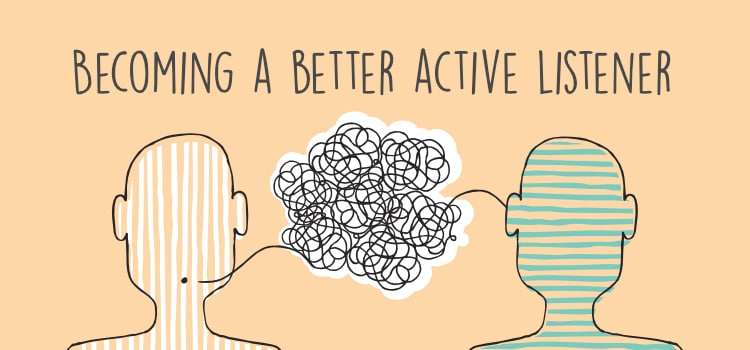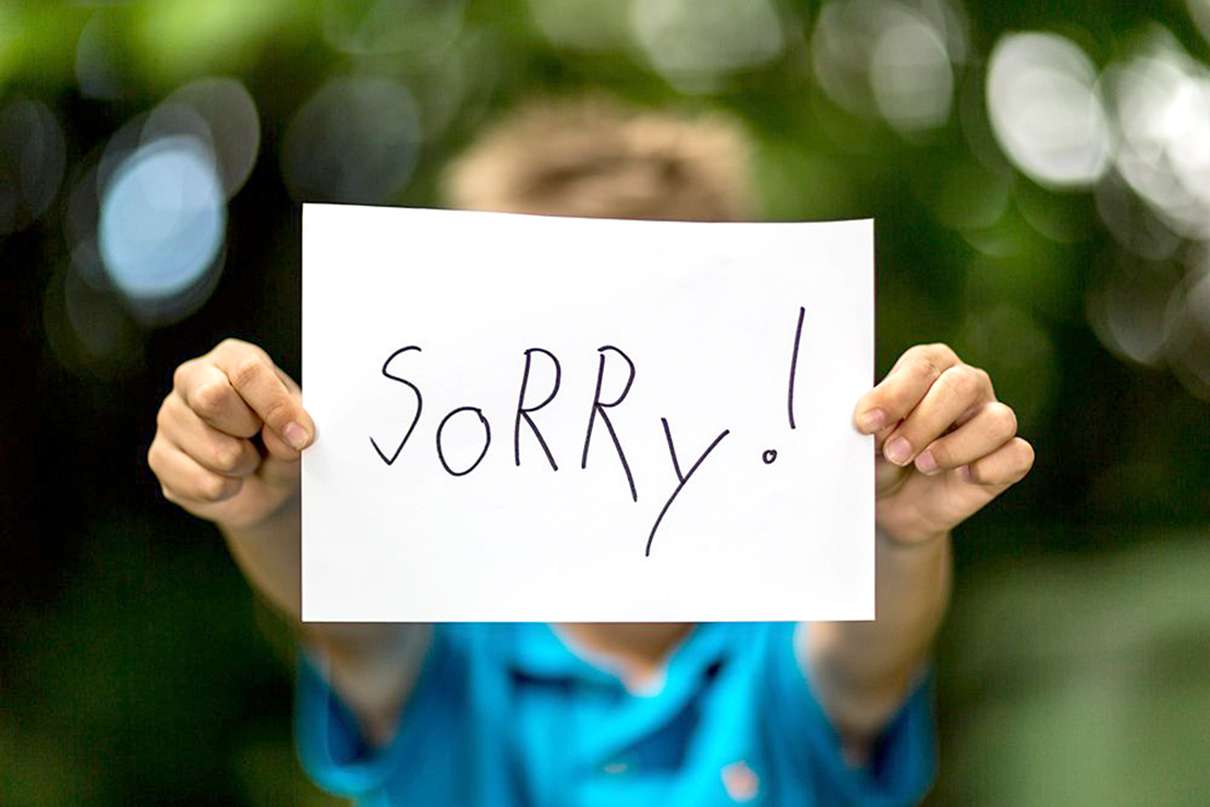How to be a good listener – and how to know when you’re doing it right
In the realm of effective communication, one skill stands tall, often misunderstood but incredibly potent: empathy. Empathy, the ability to comprehend the world through someone else’s eyes, is a critical facet of being a good listener. However, it’s frequently misconceived as requiring shared experiences. Let’s debunk this myth and delve into a more profound understanding of empathy.
Dispelling the Empathy Myth
One common misbelief is that to empathize, you must have walked in the other person’s shoes, endured precisely what they have. However, this notion falls short of the mark. Two individuals may face identical challenges yet react in diametrically opposed ways. Why? Because experiences, while shared, are filtered through the unique lens of each individual’s life journey.
Your life experiences, much like a glass pane, are marred, marked, and colored by your genetics and biology. This glass, the frame of reference, is handed to you at birth, and its clarity is never uniform. It carries the imprints of your existence – scratches, smudges, and even stained hues. This personalized lens shapes your perception of the world, and it evolves with every life encounter.
In essence, we do not perceive the world as it objectively exists; instead, we see it through the filter of our biology and experiences. The key takeaway here is that everyone’s frame of reference is distinctive and irreplaceable.
The Art of Listening: Seeing Through Their Frame
To master the art of being a good listener, you must metaphorically stand beside the speaker and peer out into their world through their unique glass. It’s not about offering sympathy, saying, “I’m sorry your glass is scratched.” Sympathy, though compassionate, doesn’t inherently equate to understanding their needs, emotions, and experiences.
Avoid the temptation to cleanse or mend their glass. While well-intentioned, it’s akin to erasing or altering the life experiences that molded them. Every blemish on their glass is a testament to their life journey, and no one has the right to erase those marks.
Nevertheless, don’t overlook these marks either. Inquire about the scratches, smudges, and colorful stains. Listen attentively without seizing the opportunity to recount your own experiences. Self-restraint is paramount here because our inclination to talk about ourselves can be overpowering. Remember to keep the focus on the other person.
Empathy in Action: A Practical Example
Imagine conversing with someone gripped by the fear of public speaking. Sympathy, such as saying, “I feel for you,” or recounting your own experiences, may not be the most helpful approach. Instead, probe their experiences with open-ended questions. Inquire about their thoughts during presentations and the origins of these thoughts and feelings.
Uncovering the root cause, the scratch on their glass, could reveal that it emerged from a traumatic school experience. Looking through this scratched part of their glass, they perceive a world populated by potential ridicule for any presentation misstep.
By practicing empathy and earnestly seeking to understand the other person, your listening skills empower them to gain deeper insights into themselves. This understanding forms the foundation for taking charge of their problems and finding personal solutions.
The Path to Becoming an Exceptional Listener
As you hone your ability to view the world through the speaker’s frame of reference, you’ll notice transformative shifts in your communication. You become less prone to misunderstandings and offering unsolicited advice. Connection at a profound level becomes more attainable.
This process mirrors how counselors cultivate therapeutic relationships. Building rapport through empathetic listening leads to a genuine desire to comprehend and connect with the other person. The compulsion to interject with your own thoughts diminishes, as does the urge to steer conversations towards your interests or agenda. External distractions and internal dialogues fade into the background.
Instead, you become fully immersed in the speaker’s world. This, dear reader, is the essence of being a truly exceptional listener.
Hope you loved our blog on How to be a good listener – and how to know when you’re doing it right
Do Follow Us On Twitter – https://twitter.com/Uniqverses708
We Have a Wide Range of Unique information For You On Uniqverses.com
Please like, comment & Share if you want us to keep bringing these amazing and unique information for you.









